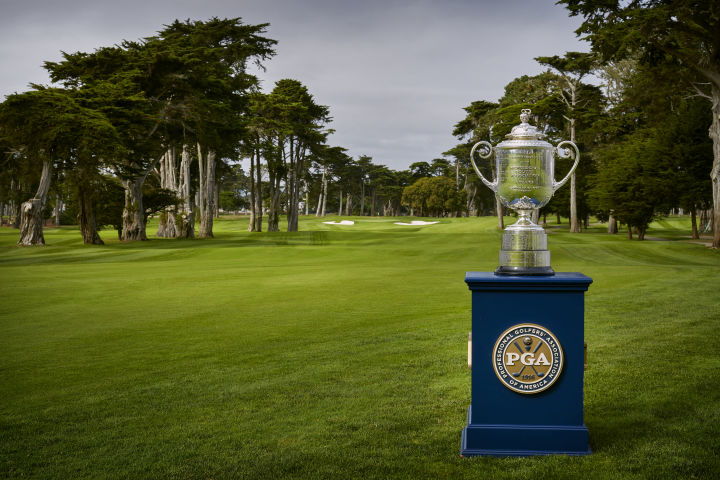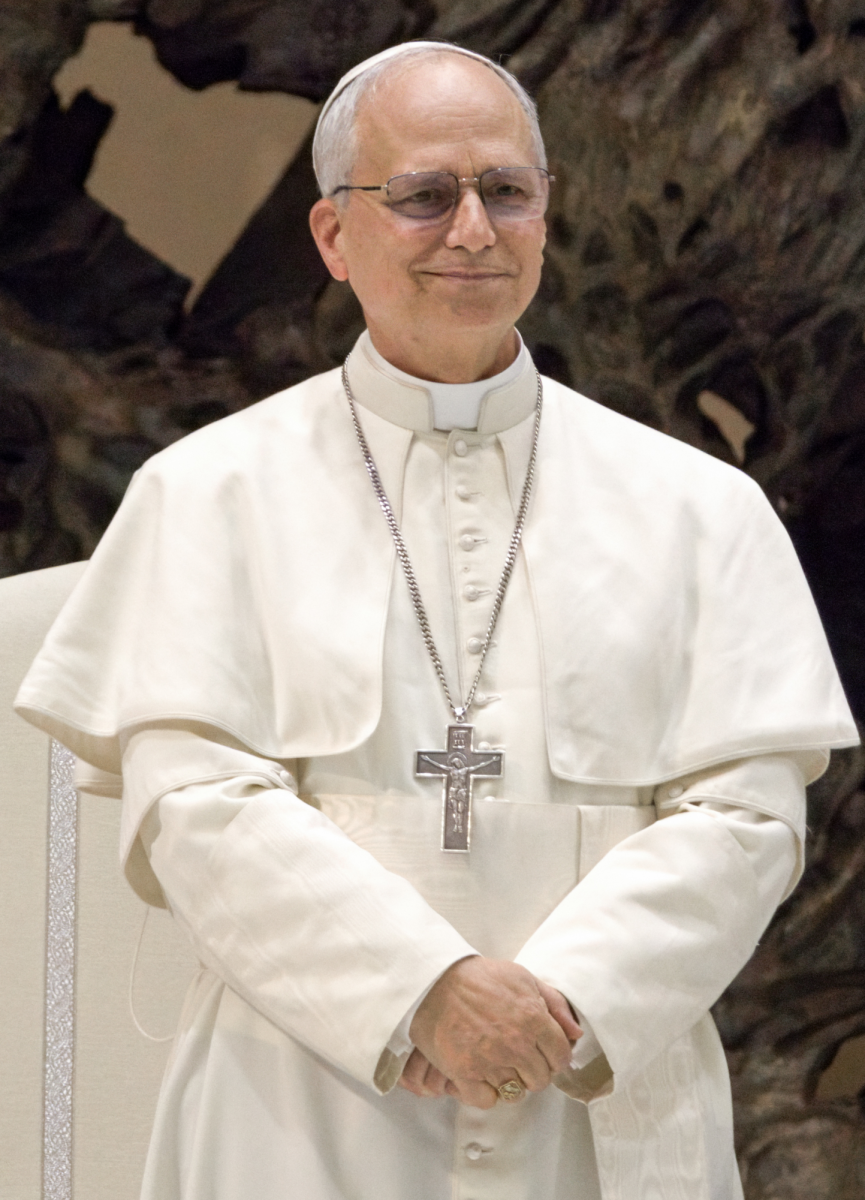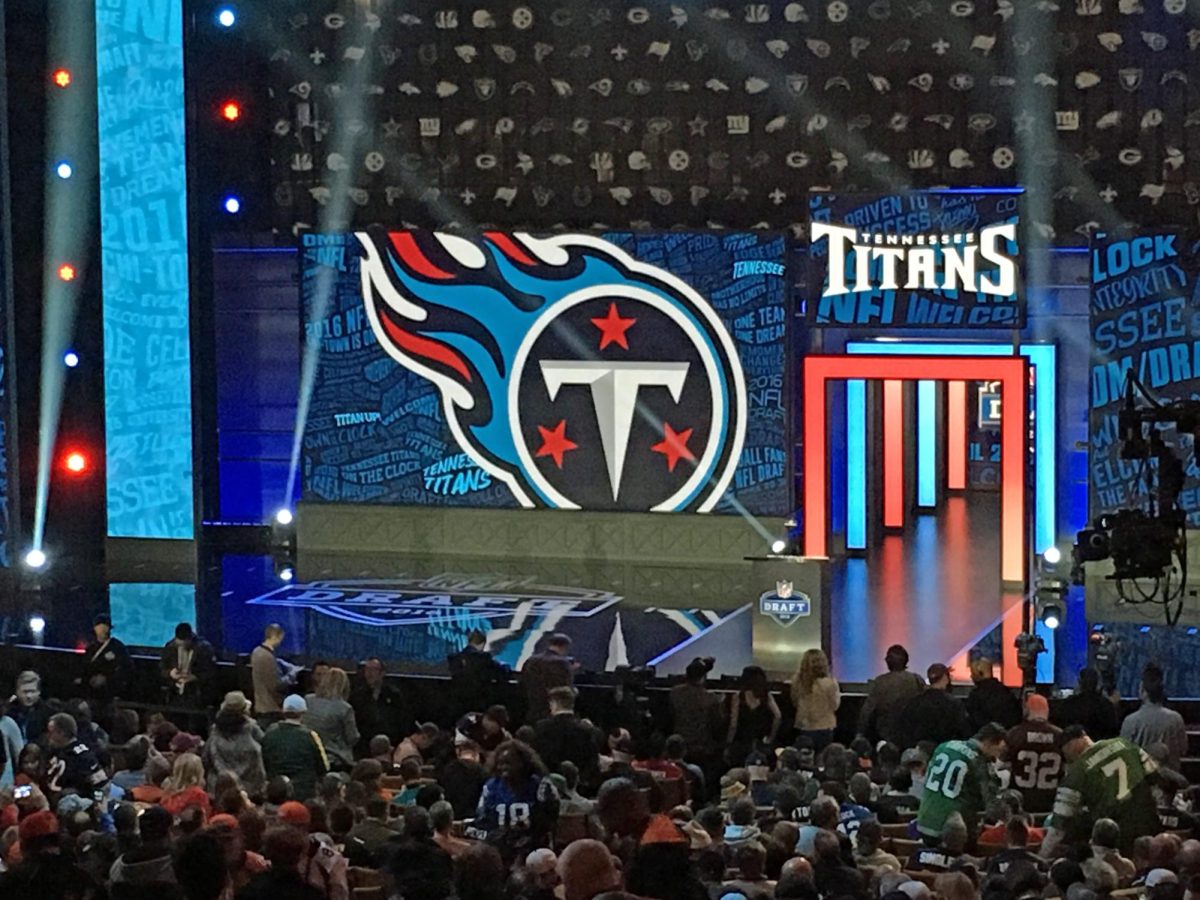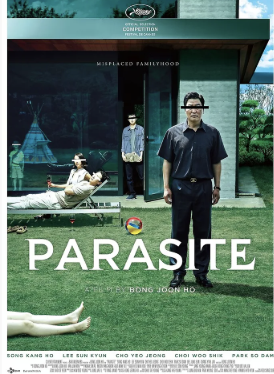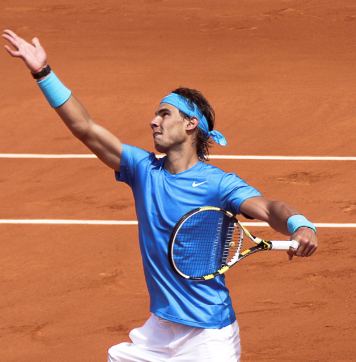Charlie Hebdo Attacks: One Year Later
A Retrospective of the January attack with the new perspective of the November attacks
December 2, 2015
November 13th, 2015. Explosions and gunfire erupt at a concert hall in Paris. Terrorists armed with explosives and suicide belts take the lives of more than one hundred people. Elsewhere, eleven are killed at a Paris restaurant in the 10th arrondissement and at least three others are killed when bombs go off outside a stadium. At least one hundred and twenty people are killed at six separate sites across the city.
It was the greatest violence France had experienced since World War II. While France and its allies continue to deal with the implications of the attacks, we are compelled to remember the events that took place just eleven months ago–the acts of terror that shook the same city, the same country, and the same people.
January 7th, 2015. A terrorist attack in France stuns the international community. Two Islamic terrorists break into the offices of the French satirical newspaper Charlie Hebdo in Paris. Two masked gunmen, brothers Cherif and Said Kouachi, open fire, killing eleven and injuring eleven others. Related shootings follow the attack on Charlie Hebdo in the “Île-de-France” region, where Islamic terrorists kill five and injure eleven others. Eventually, the two suspects are killed by police as they emerge from a building in Dammartin-en-Goële, where they had taken hostages.
The Charlie Hebdo attacks are over–eleven months in the past–but not forgotten. The recent attacks that took place in Paris serve as a sobering reminder of the horrors France has been dealing with over the course of the past year. Similar to the events of January, November’s attacks have brought the international community together–reactions and responses have been marked by unity and mutual support. Ryu Voelkel, who found himself stranded immediately after the bombings outside of the stadium, was offered shelter from a complete stranger on Twitter: “People were just kind of offering me places to stay,” he said.
Examples of such extraordinary altruism in the wake of terror remind us of the same solidarity seen following the Charlie Hebdo attacks. They remind us of the anti-terrorism rallies of January 11th, when more than three million people gathered in Paris to protest violence. Ethnicity, nationality, and background became insignificant–all that mattered was unity in the face of terror. With this same perspective in mind, we should honor, support, and remember all who have suffered in Paris since January. We can only hope that, eventually, such needless violence will come to an end.

